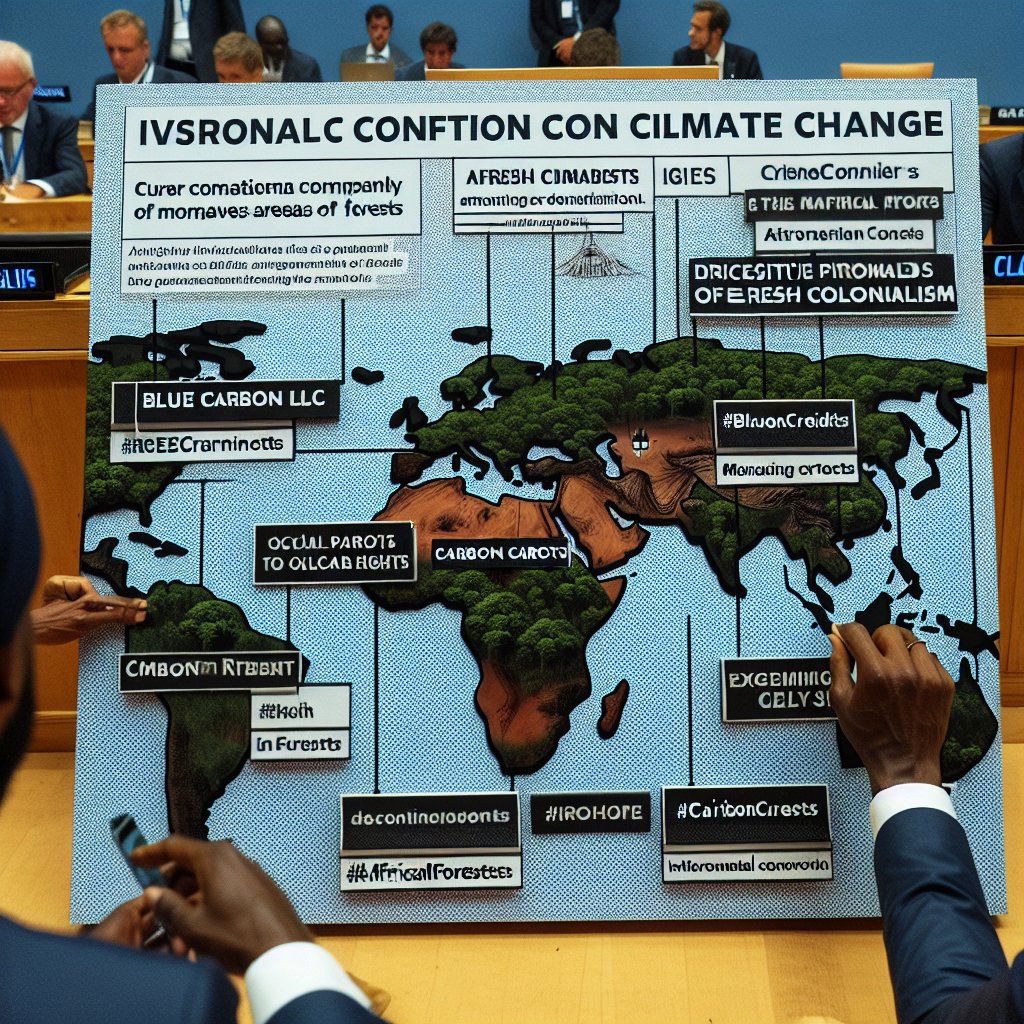Image: AI generated for illustration purposes
Controversy Over Blue Carbon's Forest Deals in Africa at COP28 Raises Questions of Environmental Colonialism
As COP28 convenes to set international climate agendas, behind the scenes, a debate rages over the intentions of Dubai-based Blue Carbon LLC. The company's proposition to control up to 50 million hectares of Africa's forests, national parks, and agricultural land has echoed with polarizing sentiments across the continent.
Headed by Sheikh Ahmed Dalmook Al Maktoum, a member of the Dubai royal family, Blue Carbon LLC has promised to invest billions into the preservation of African forests and wildlife estates through the generation of carbon credits—a market-driven approach to mitigating global carbon emissions. The idea, in theory, is simple: Blue Carbon will manage these lands, create carbon credits by preserving the natural environment, and sell these credits to global polluters. This would create a revenue stream shared between the investor, local communities, and governments while ostensibly contributing to the fight against climate change.
The proposition has been met with both optimism and intense scrutiny. In Zimbabwe, where one-fifth of the country's territory is surveyed for the deal, it is presented as a lucrative opportunity that marries economic benefits with conservation. The same sentiment found echoes in countries like Tanzania and Kenya, which are lined up in Blue Carbon’s expansive plan.
However, beneath the allure of significant investment, a much darker narrative is unfolding. Many see these deals as a modern form of environmental colonialism. Communities living in and around these forests are reportedly uninformed about the deals and the implications they carry for land ownership rights and traditional ways of living.
The lack of transparency has not only disquieted the public but has also introduced political instability. For instance, in Liberia, a leaked memorandum of understanding with Blue Carbon, which suggested surrendering control of a substantial portion of its forests, reportedly influenced the political downfall of President George Weah. It's important to note the controversial connection between Sheikh Ahmed’s business associate, Samuele Landi— a convicted fraudster—and the Liberian government.
Tanzania's opposition parties have demanded the disclosure of any agreements, asserting the need for a parliamentary review as mandated by their laws. Such insistence on transparency underscores the growing disquiet about foreign control over natural resources, which is seen by some as secretive and potentially corruptive.
Even in Kenya, where Blue Carbon secured an MoU with the environmental department, the subsequent eviction of indigenous communities like the Ogiek from Mau Forest has been linked to securing control for carbon crediting, aggravating social tensions.
Zambia, by contrast, appears to be exercising more caution, requiring environmental impact assessments and legal reviews before advancing with any MoU with Blue Carbon.
The pressing questions this scenario evokes are numerous: the specifics of Blue Carbon’s financing, plans for forest restoration, methods of verification, and compensation for affected parties. These questions gain urgency in light of COP28's upcoming discussions on the mechanisms for international carbon credit purchases.
Skepticism toward such climate interventions stems from a history of what some label as neo-colonial tendencies, where African resources become means for the Global North to offset their carbon footprint without addressing the root causes of pollution.
Moreover, a deeper scepticism grows among environmentalists who increasingly regard carbon trading as a superficial remedy, often ripe for abuse. Investigations into carbon-offset certifiers have cast doubts on the integrity of these credits, rendering the potential of such schemes as seemingly beneficial in theory but problematic in practice.
As Africa stands at the crossroads of climate change, conservation, and development, the continent's engagement with firms like Blue Carbon becomes a matter of global importance. The balance between economic development and environmental integrity, between local rights and international markets, is delicate—and Africa's forested lands are the latest front in this ongoing battle.










